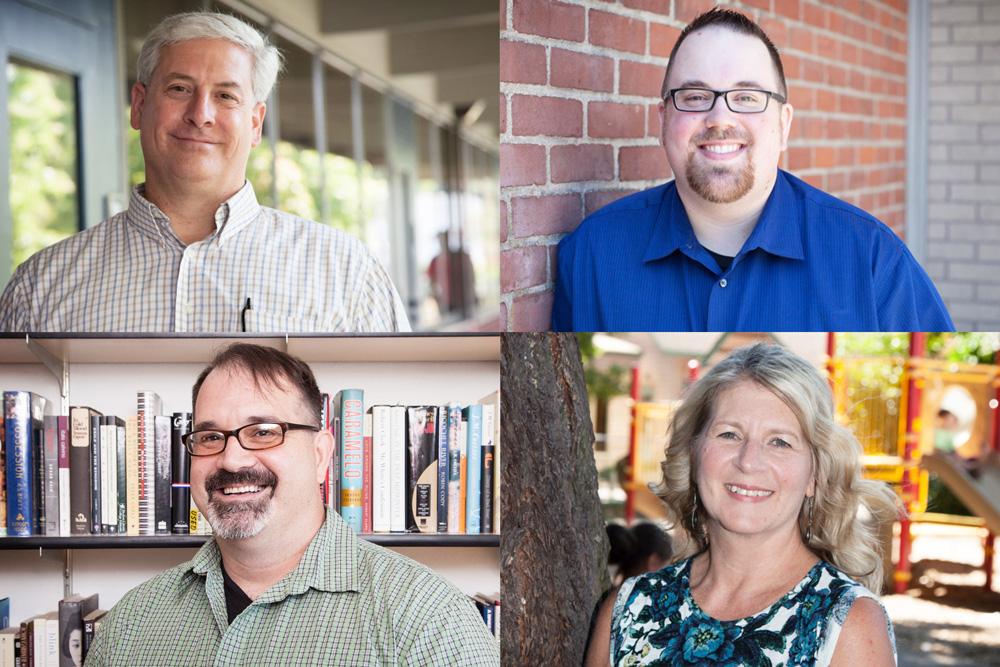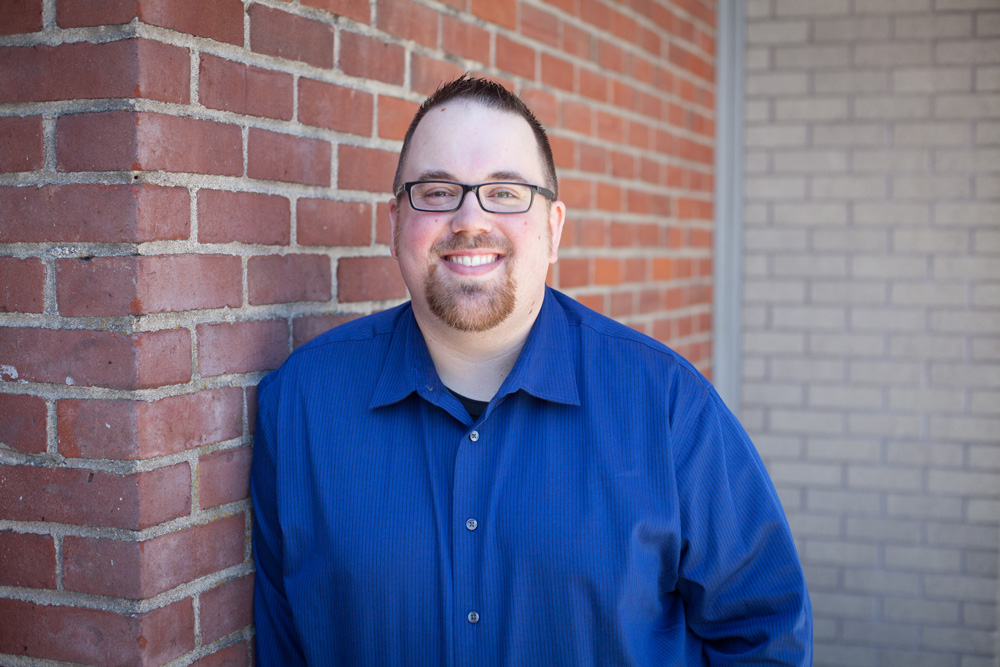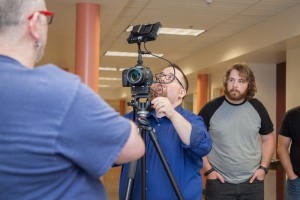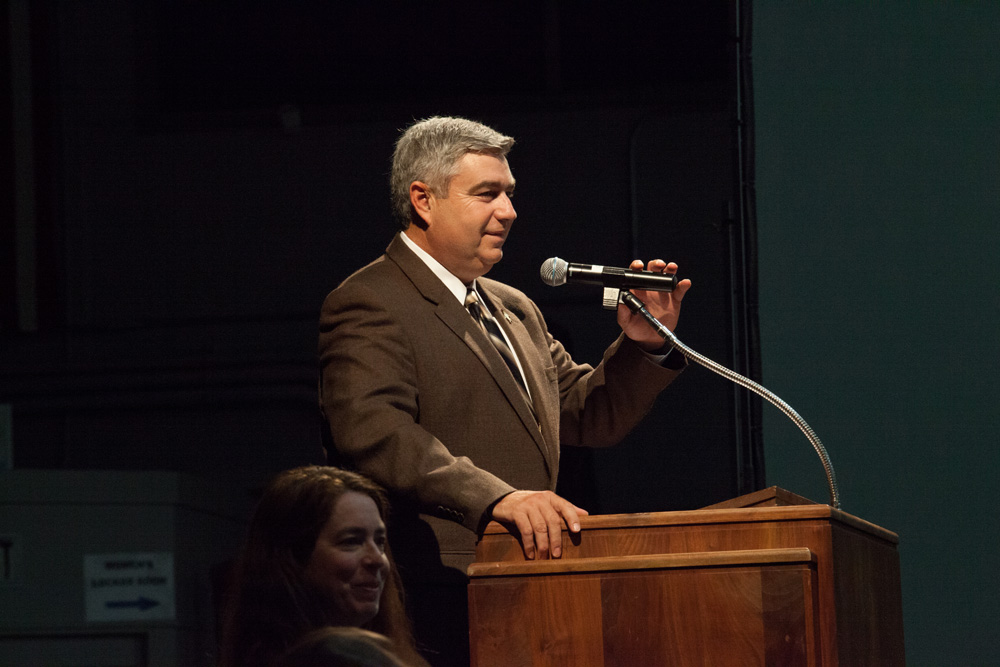
President Bob Knight introduces the Presidential Coin recipients on Opening Day 2014.
In 2007, Clark College President Bob Knight introduced a new honor at Clark College: the presidential coin.
The coin is given to faculty and staff members who provide exemplary service to Clark students, the college and the community. The honorees are decided by the president and are kept secret until the names are announced–generally on Opening Day in the fall or during the annual State of the College address.
Five Clark College employees received Presidential Coins during Opening Day 2014 on September 10. They were:
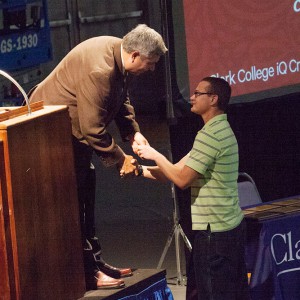 Kael Godwin
Kael Godwin
As a Research and Analytics Professional working within the college’s Office of Planning & Effectiveness, Kael Godwin “transforms the way we use data so that we can make better decisions,” said President Knight. In his seven years atClark, Godwin has earned a reputation as someone who’s “approachable and responsible … and will do anything to help the college, even if it is outside his job description.”
Knight also cited Godwin’s key role in supporting the implementation of the college’s new customer relations management software, and noted that many people at the college have remarked upon his strong work ethic and commitment to the college.
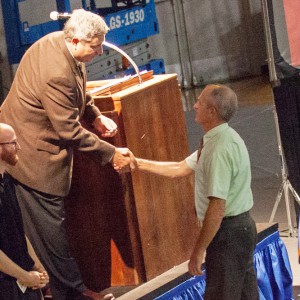 Ron Hirt
Ron Hirt
Fiscal Analyst Ron Hirt began working at Clark College in 1983. In more than 30 years of service, he has become known not just for his daily runs around campus–no matter what the weather–but also for his expertise in finding any kind of information located in the college’s financial management system, regardless of how buried, obscure or complex it is. He has been a key player in many of the financial audits that the college has undergone – and passed, always helping to ensure there are no findings.
“The guy is meticulous,” President Knight said. “You can ask him for any kind of file and he knows right where it is. When I first came to Clark as a vice president, he was one of the people I knew I could go to for help.”
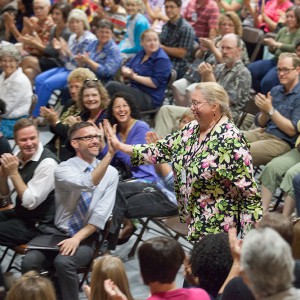 Susan Muir
Susan Muir
Student Affairs Administrative Assistant Susan Muir began working at Clark in 2007; through the years, her service to Clark has spanned many areas pertaining to her department, including retention programs, student conduct, behavioral intervention team, and the Veterans Resource Center. “In every situation, she follows through to make sure the students and programs are well-served,” said President Knight. “Her knowledge, skills, and abilities are known across the college because of her willingness to provide a helping hand.”
Knight added that Muir is known for creating a calm and welcoming environment in her office that helps support students who arrive there in crisis, as well as for being willing to share her time and energy (not to mention her impressive stash of chocolate) with visitors to Student Affairs.
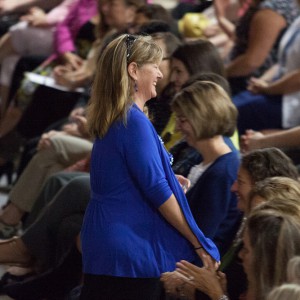 Vicki Cheng
Vicki Cheng
Vicki Cheng, an Administrative Assistant in the Workforce, Career & Technical Education department, has been a Clark employee for 32 years. Her depth of experience is a great asset to her department and allows her to prioritize day-to-day issues effectively.
“She is always willing to step up and assist anyone who walks through the office door with impeccable customer service and a genuine desire to help,” said Knight. “She always makes a point to know and understand the projects across the unit so that she is capable of answering questions that may arise, and often offers suggestions that improve the end product.”
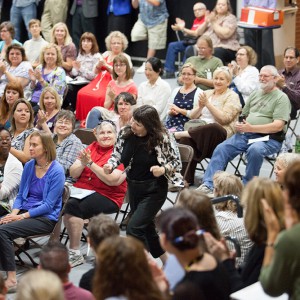 Patti Serrano
Patti Serrano
Business Administration professor Patti Serrano is no stranger to honors at Clark: She was named one of the college’s 2012-2013 Exceptional Faculty Award recipients. “She has been a rock in her division for 33 years and counting,” said President Knight. “Through her leadership, she has formally and informally mentored faculty, staff and administrators.”
Serrano has been a key participant in such important collegewide efforts as strategic planning, accreditation, and course development. Currently, she is leading her department’s efforts to develop a new Bachelor of Applied Science degree in Management. “She is admired and respected by students, faculty, and staff alike,” said President Knight.
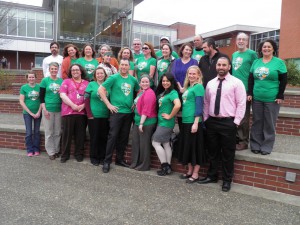
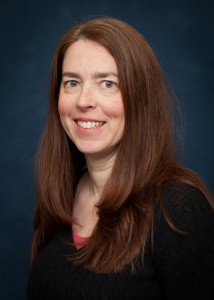

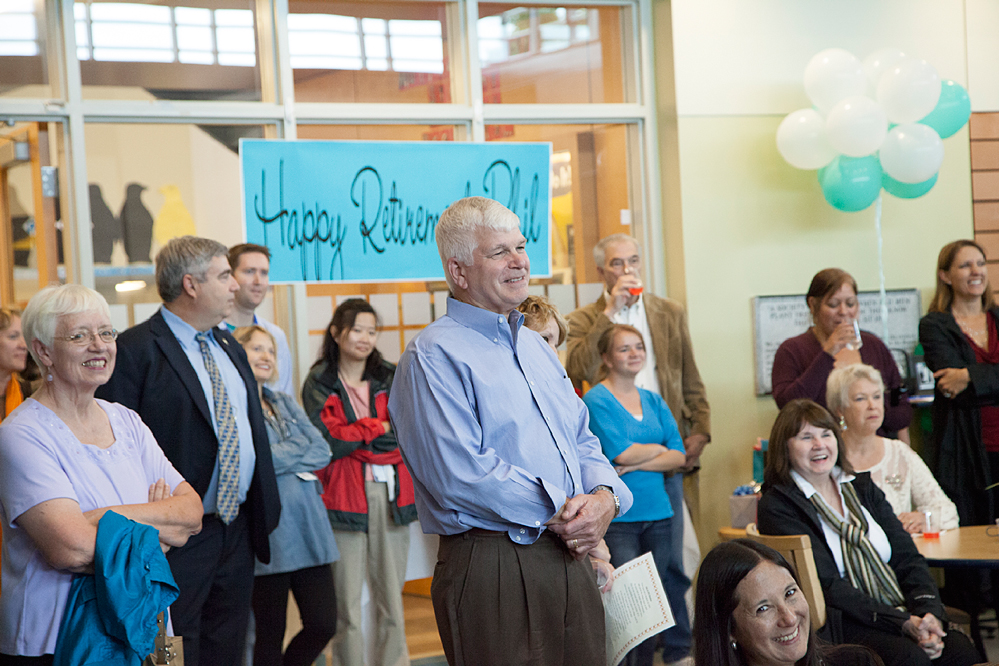
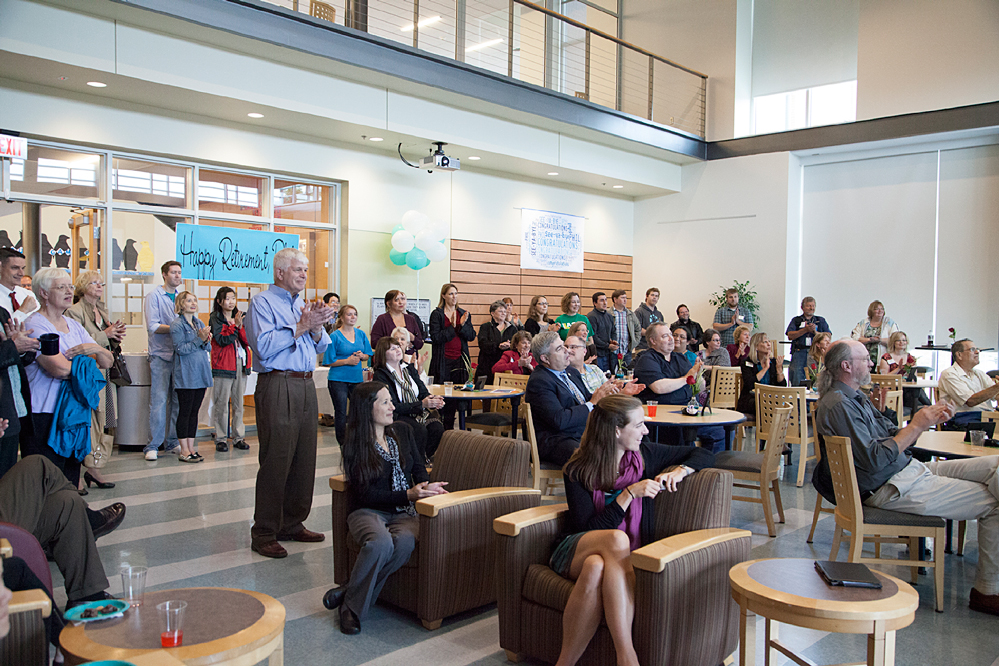
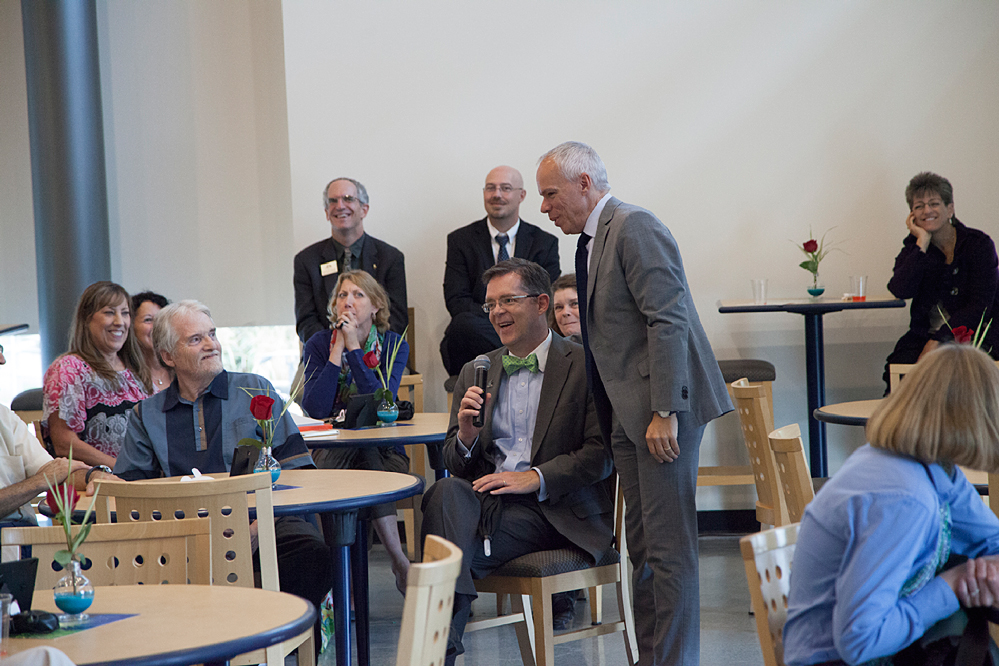
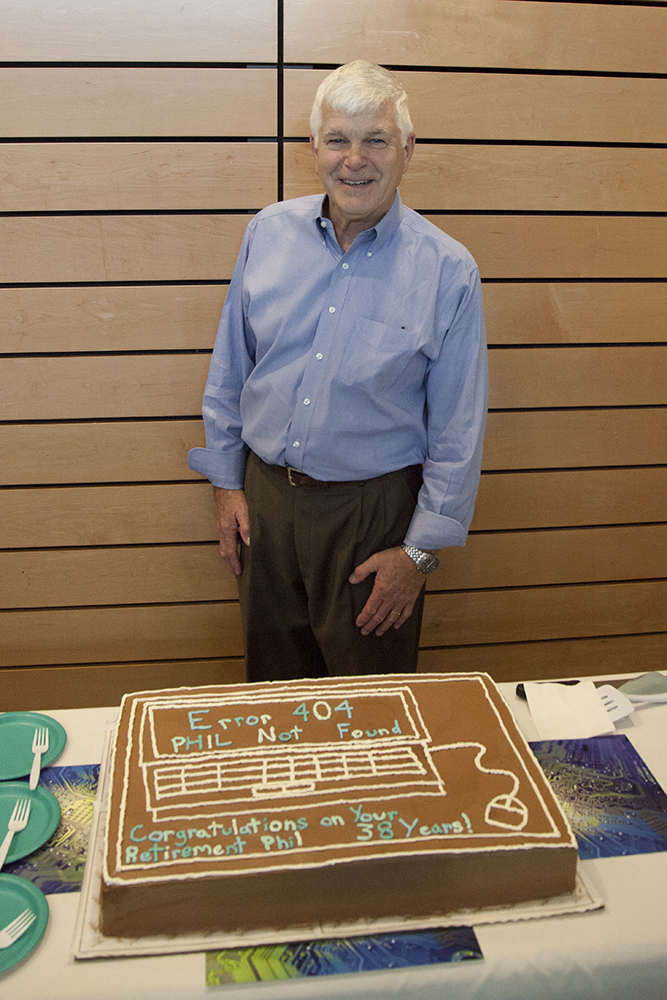
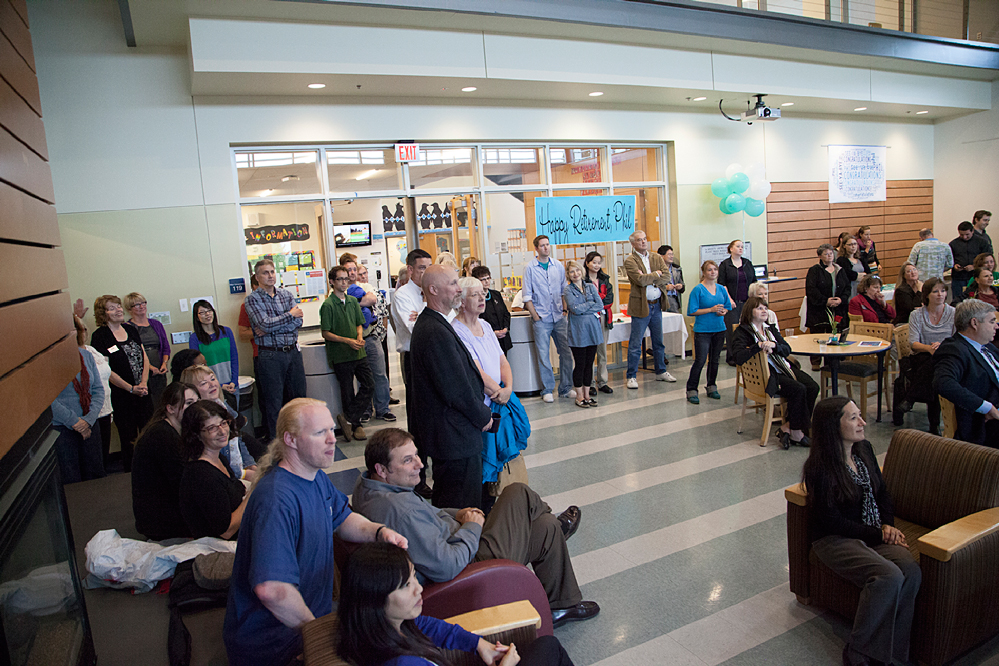
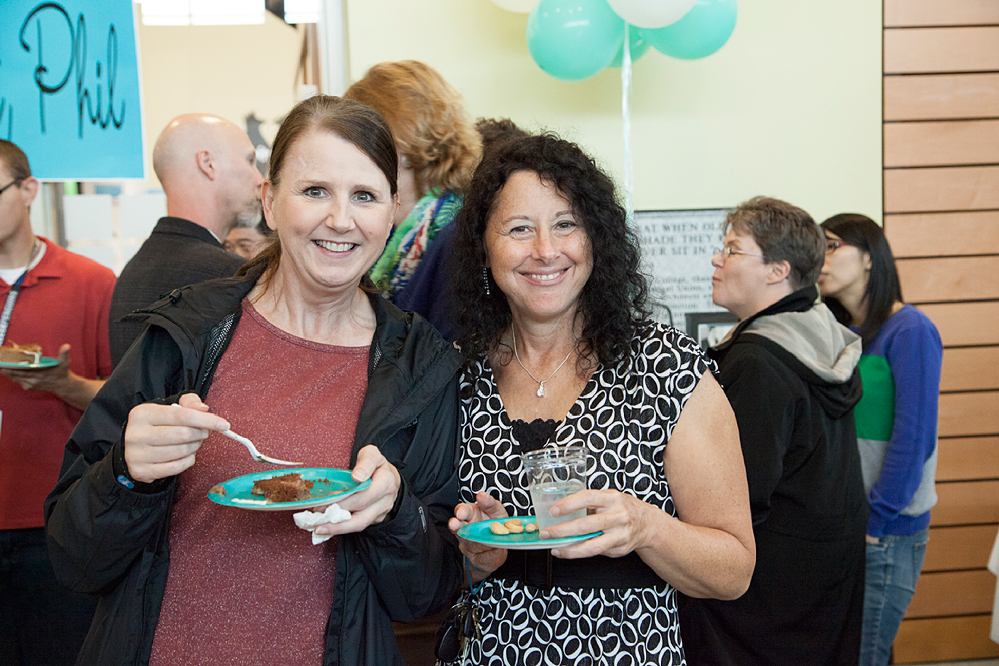
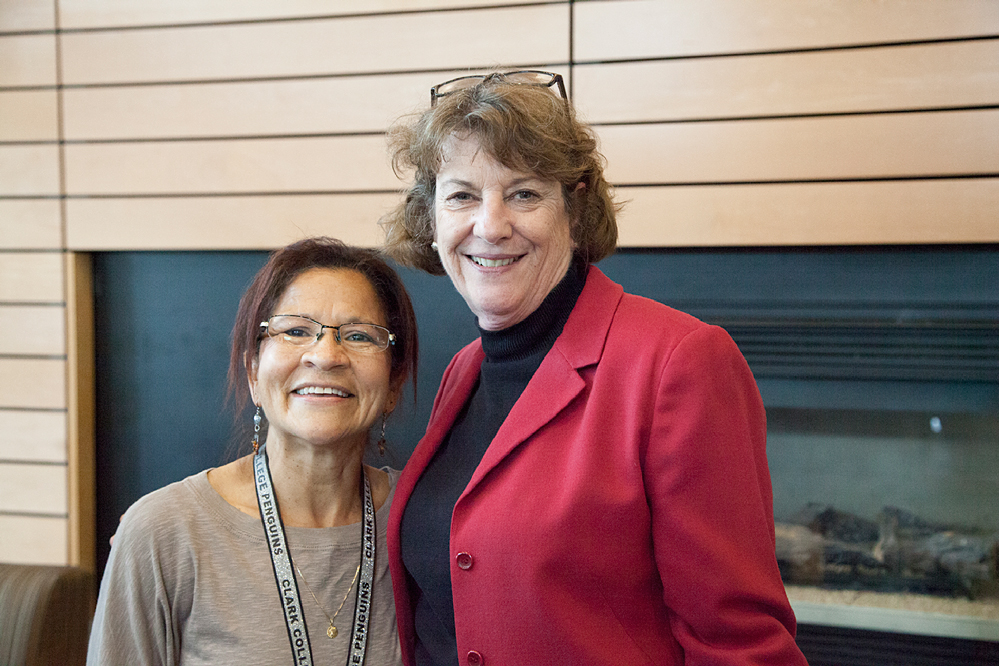
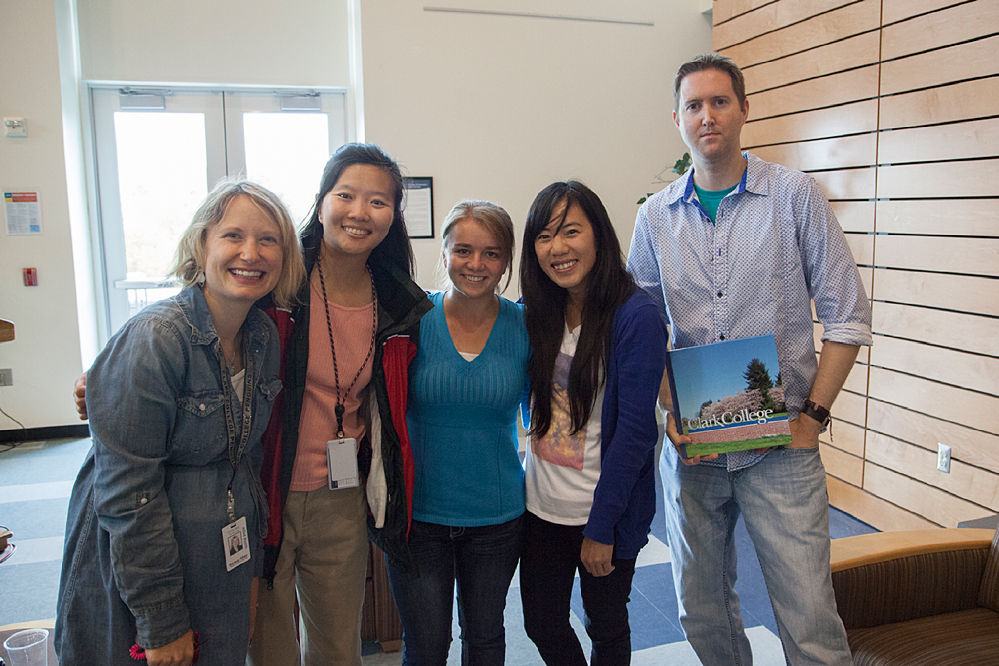
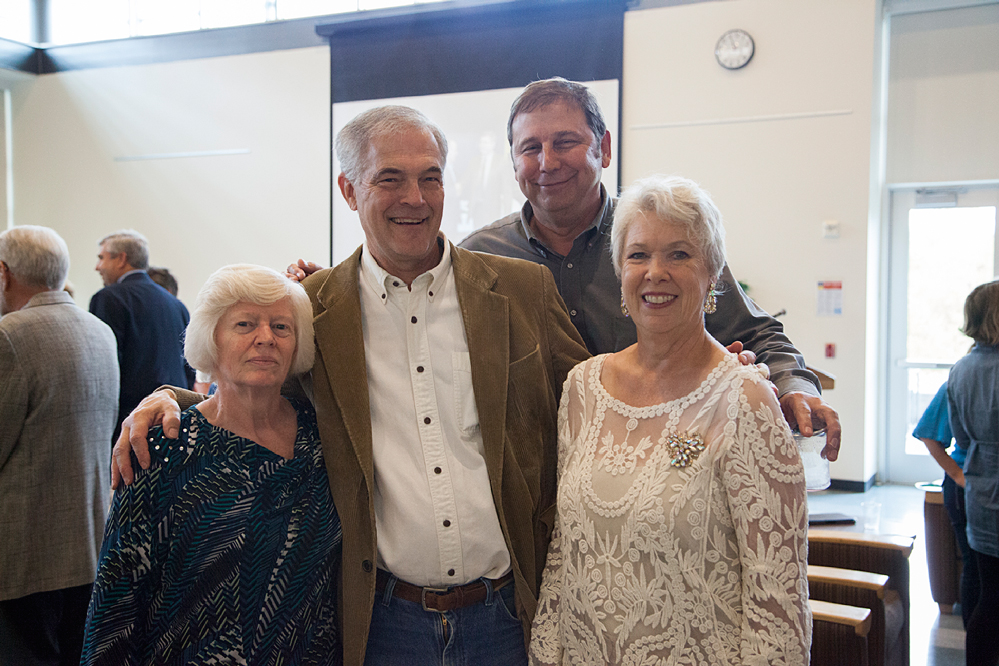
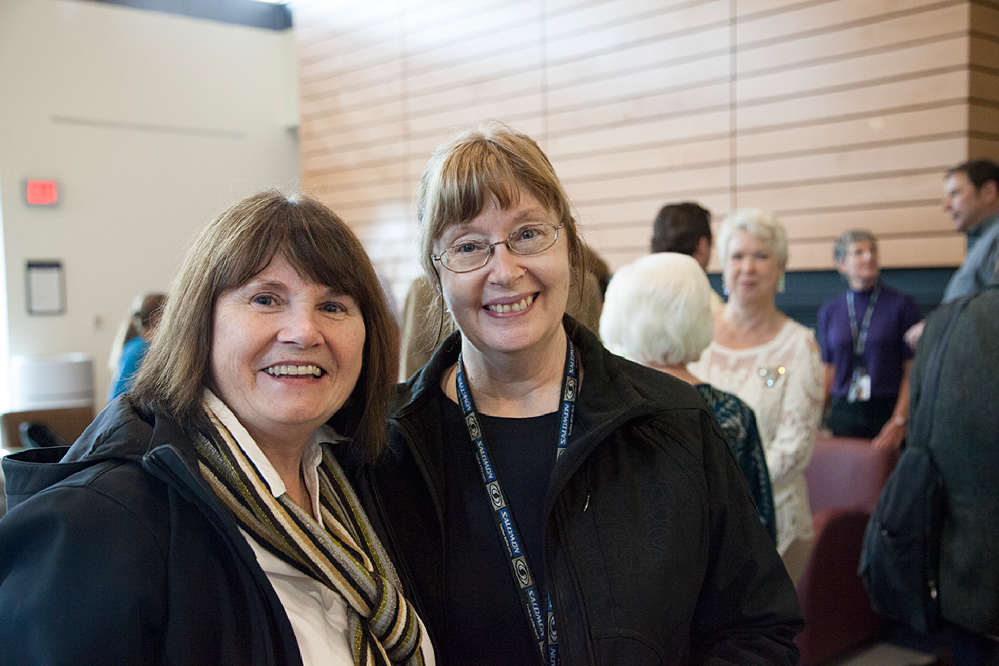
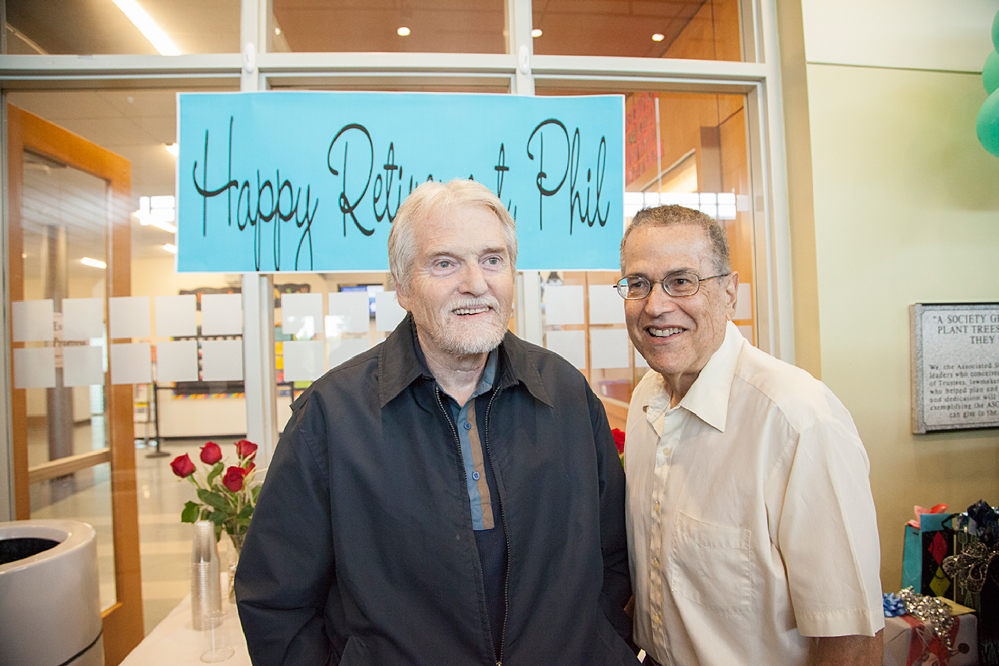
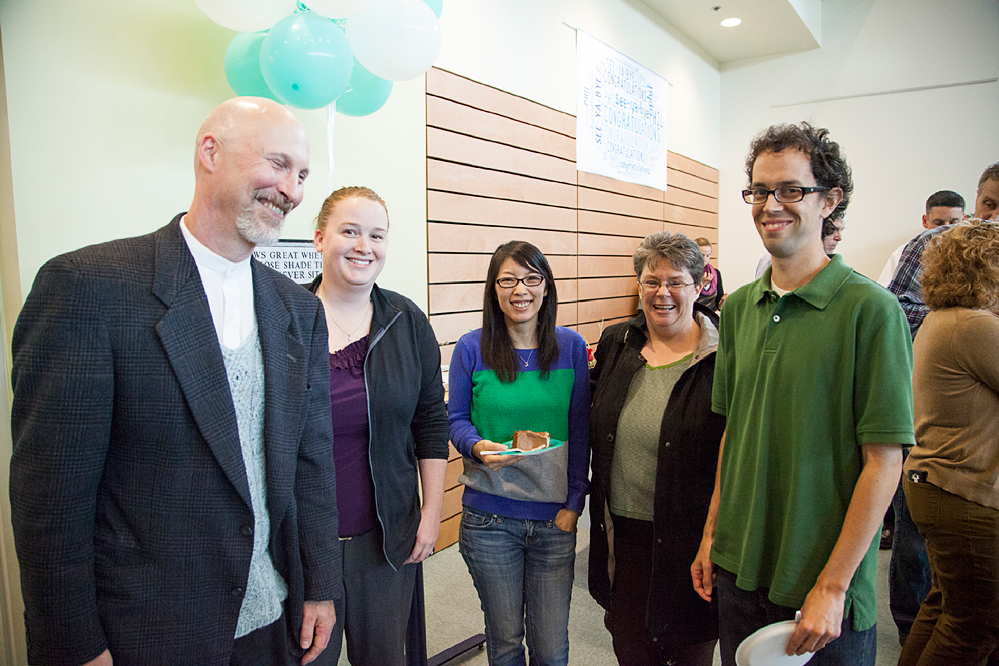
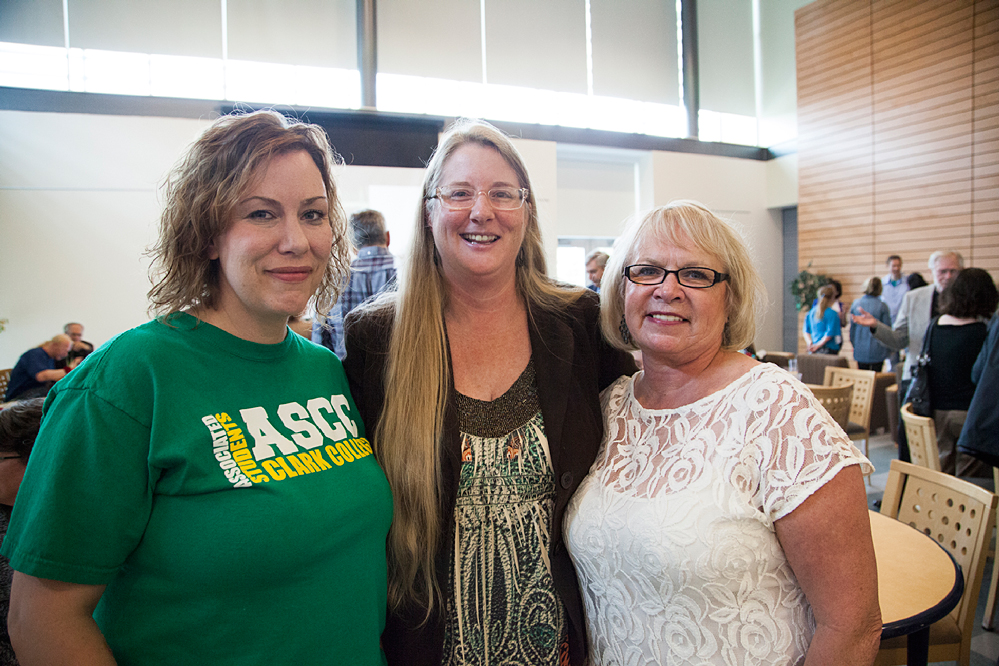
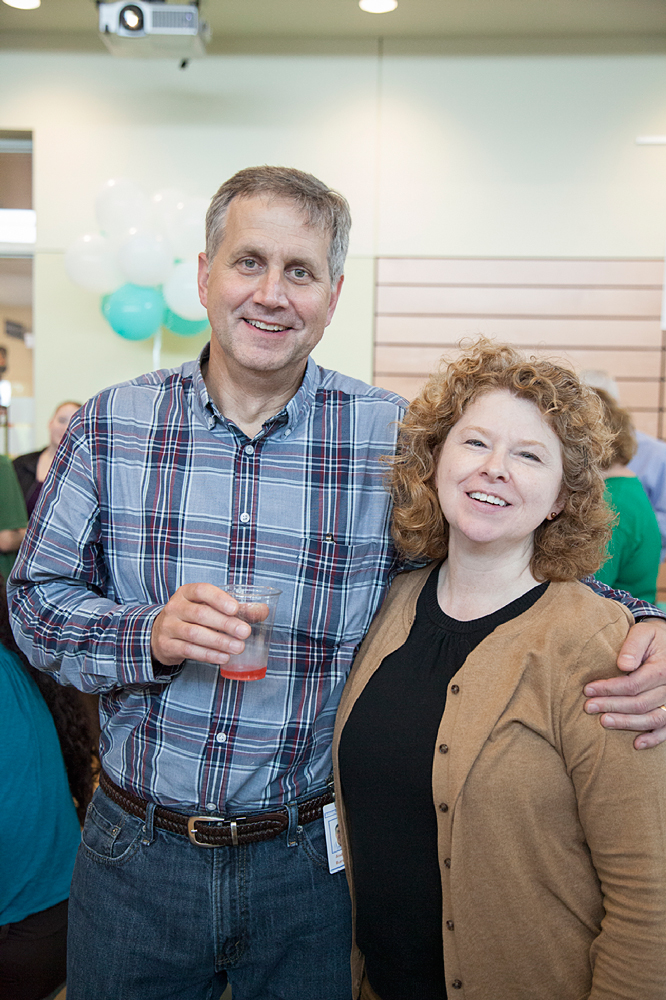
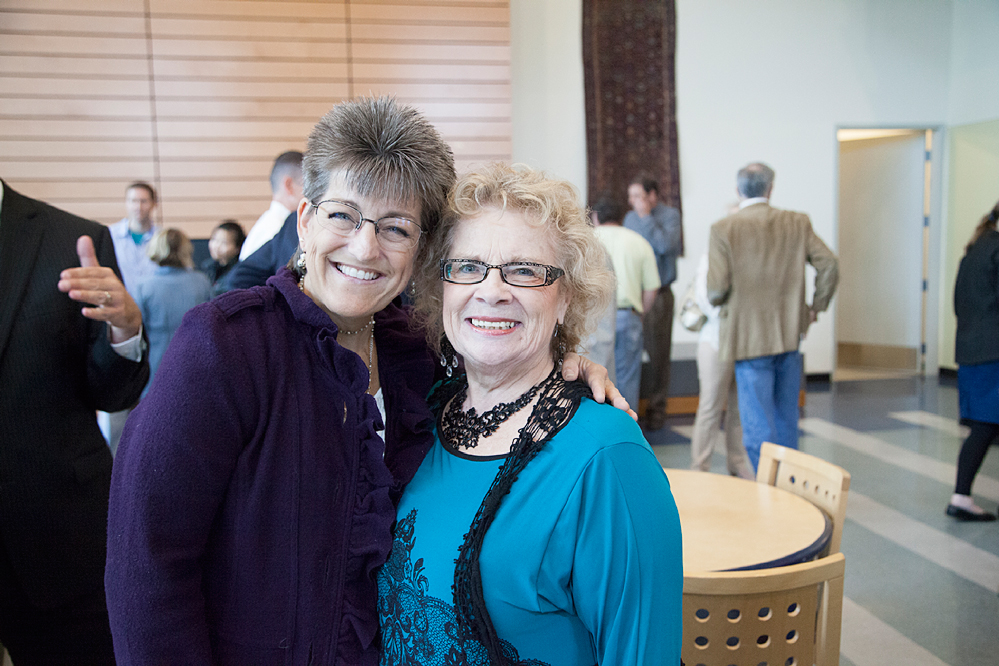
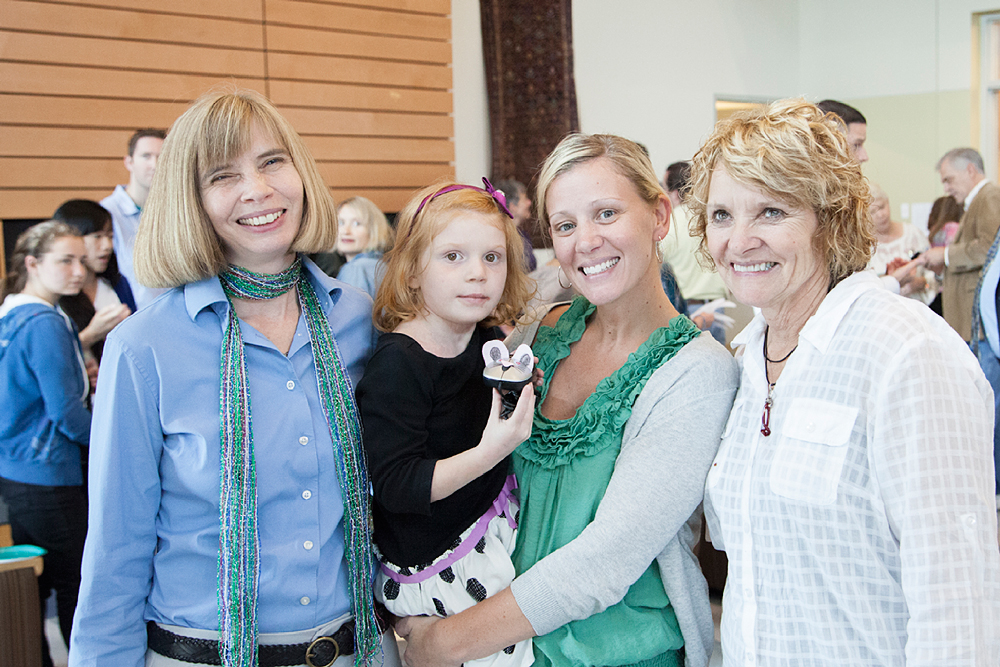
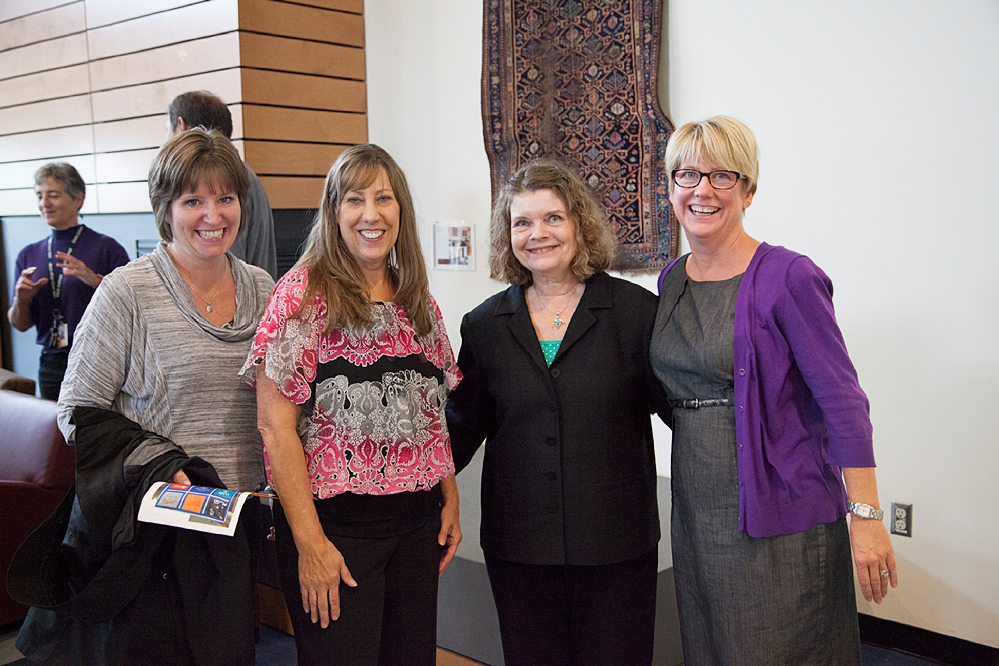
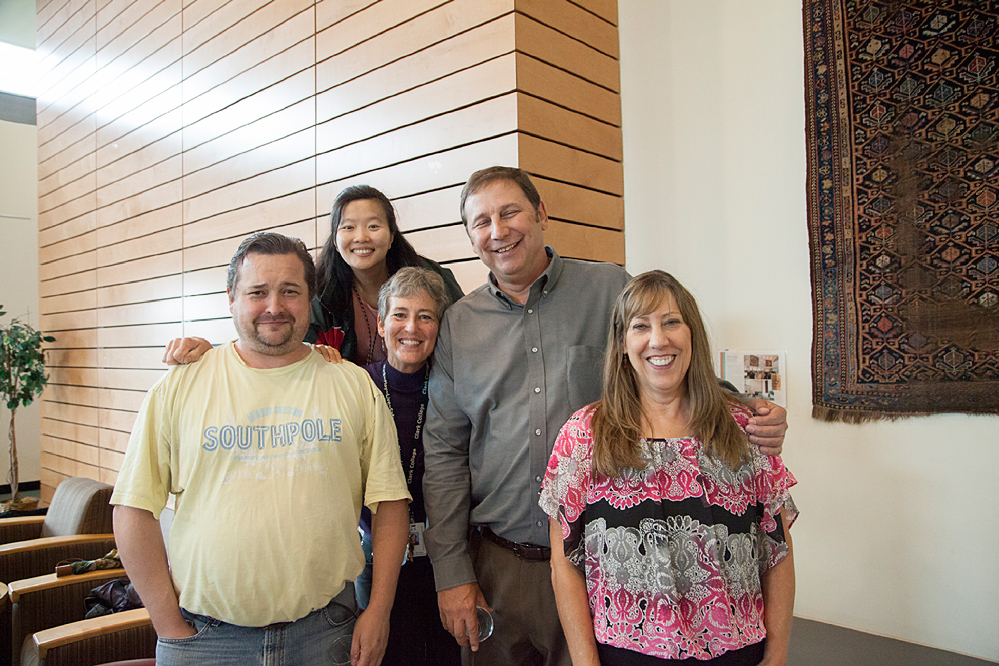
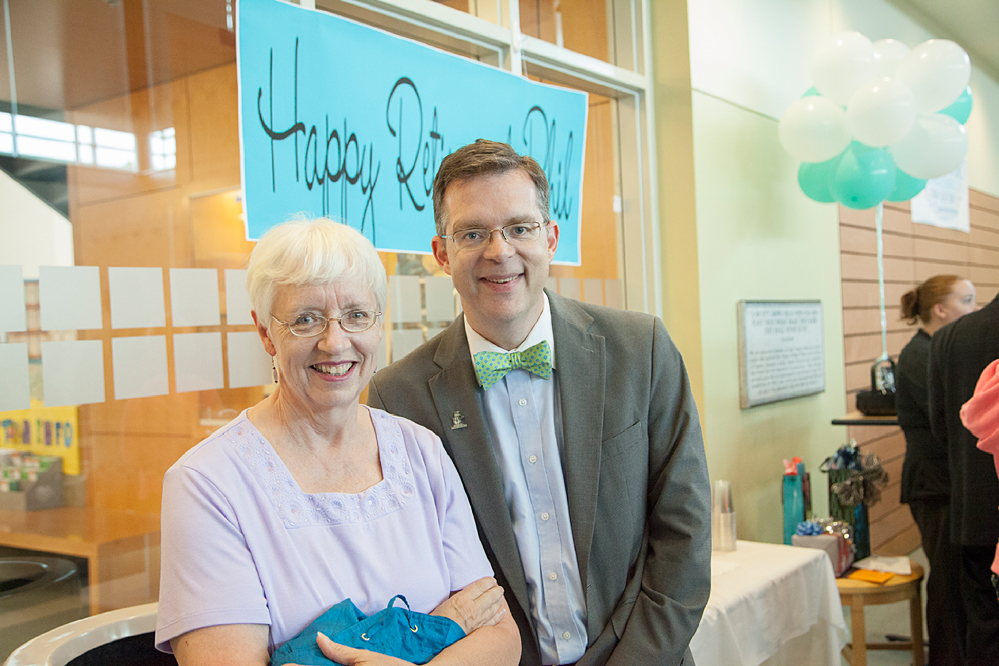
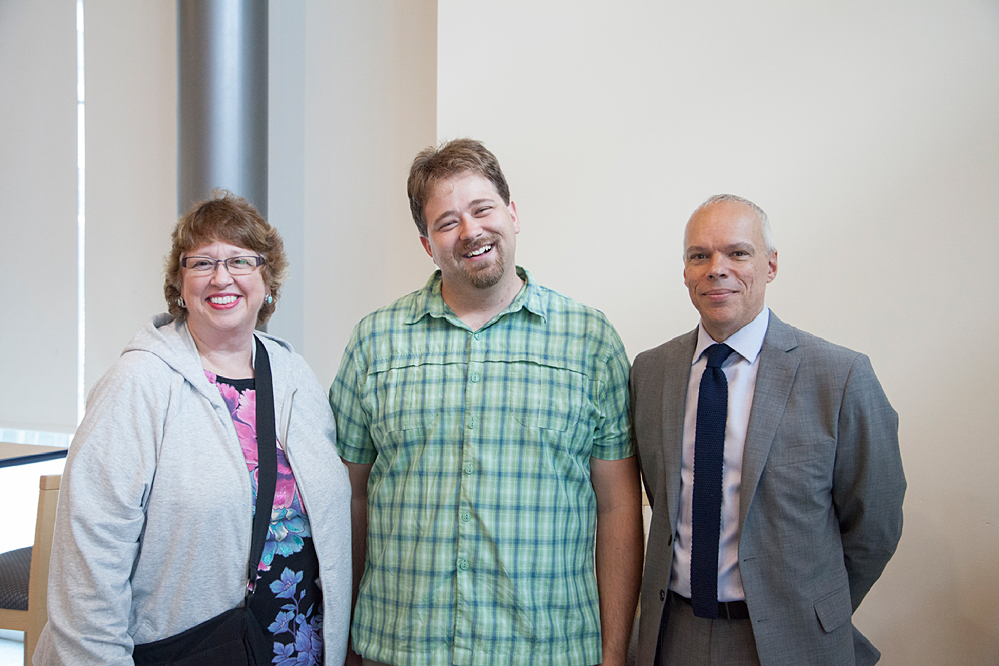
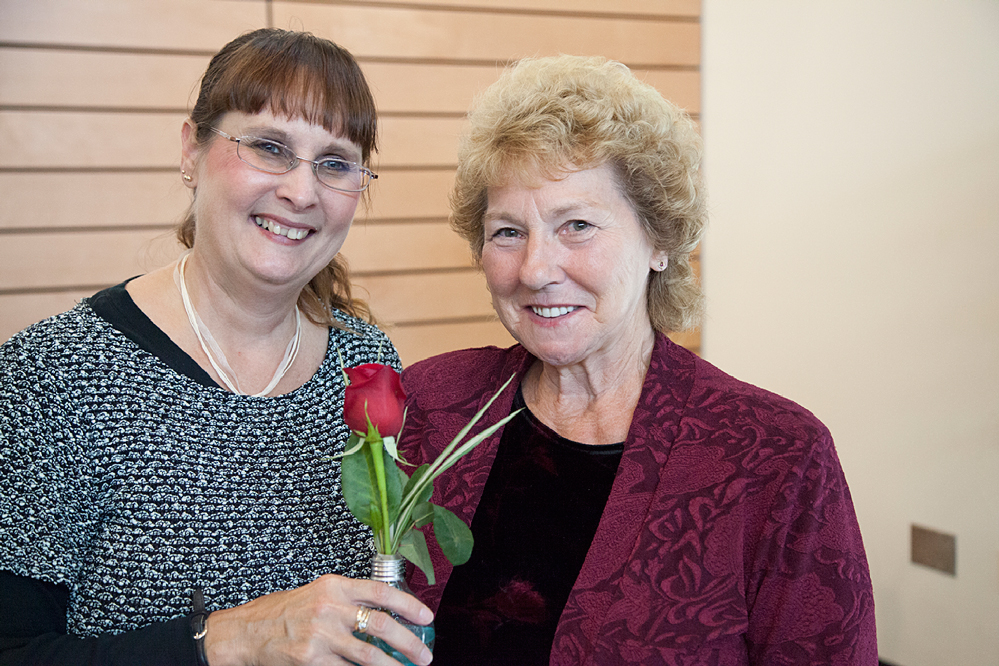
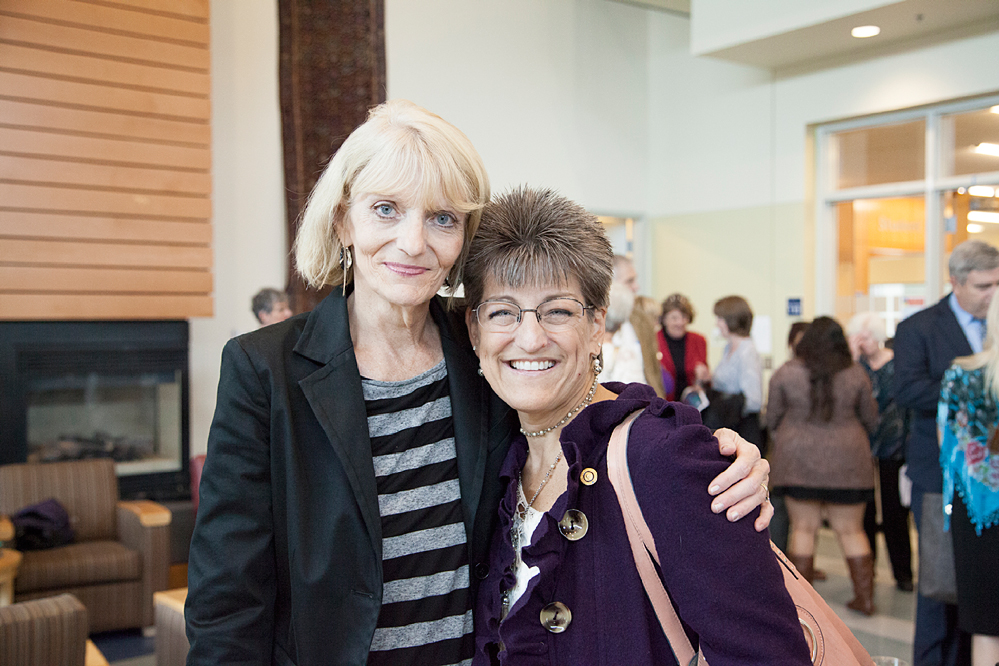
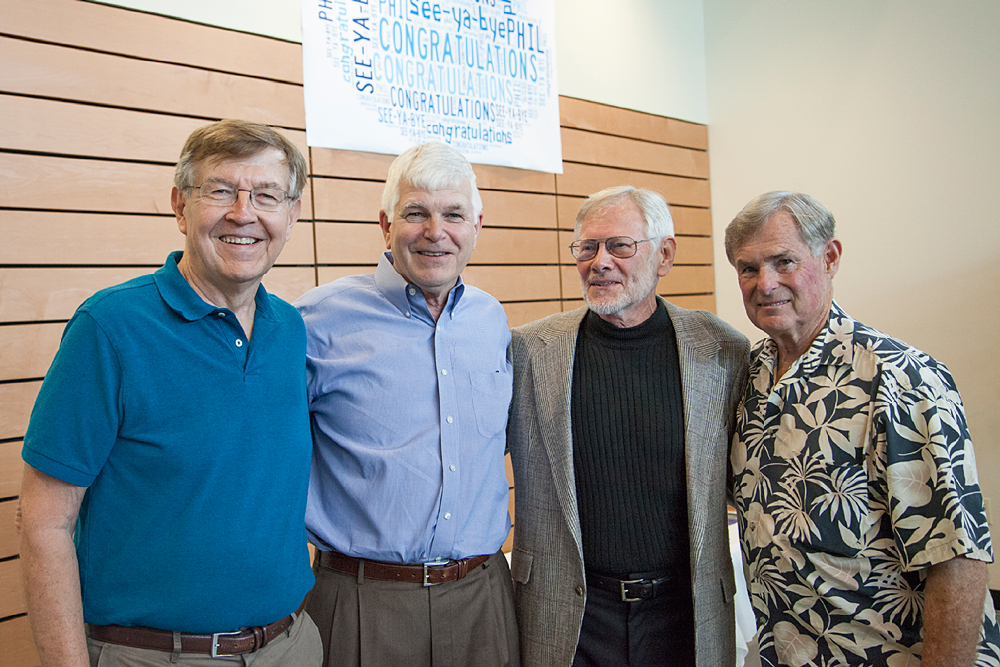
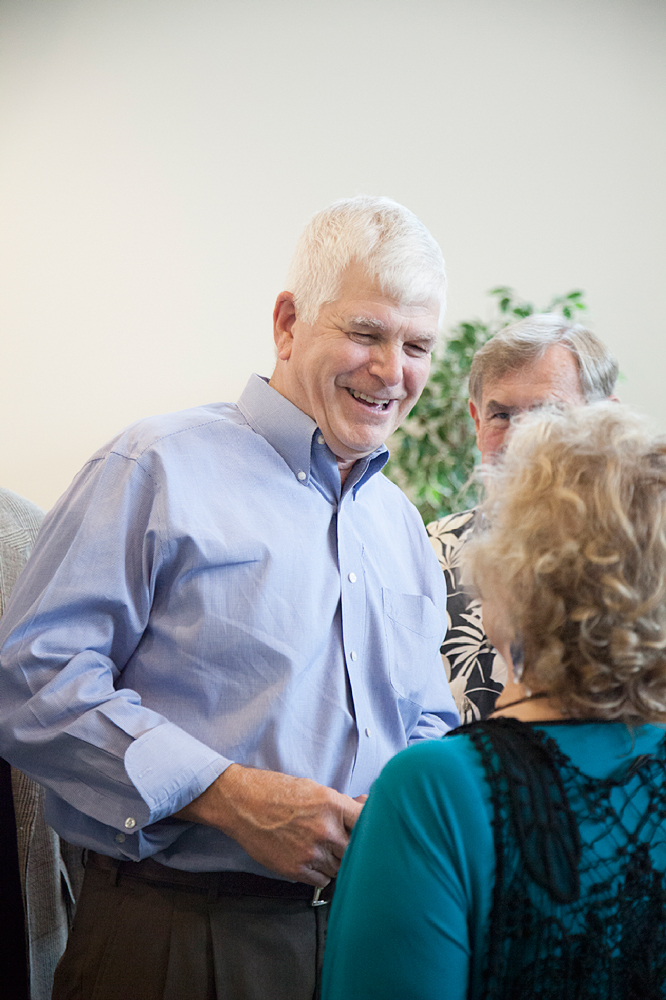
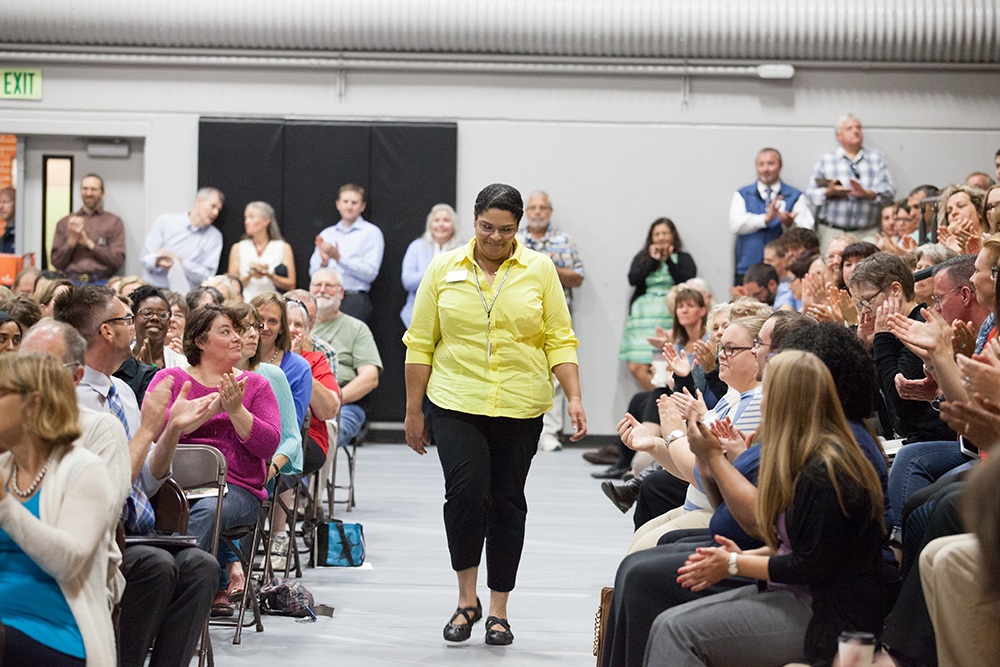
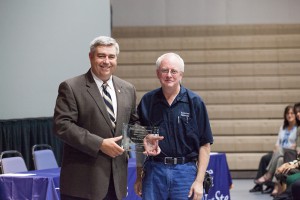
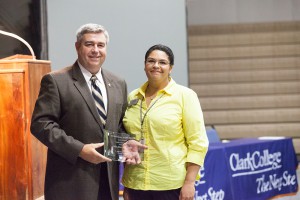






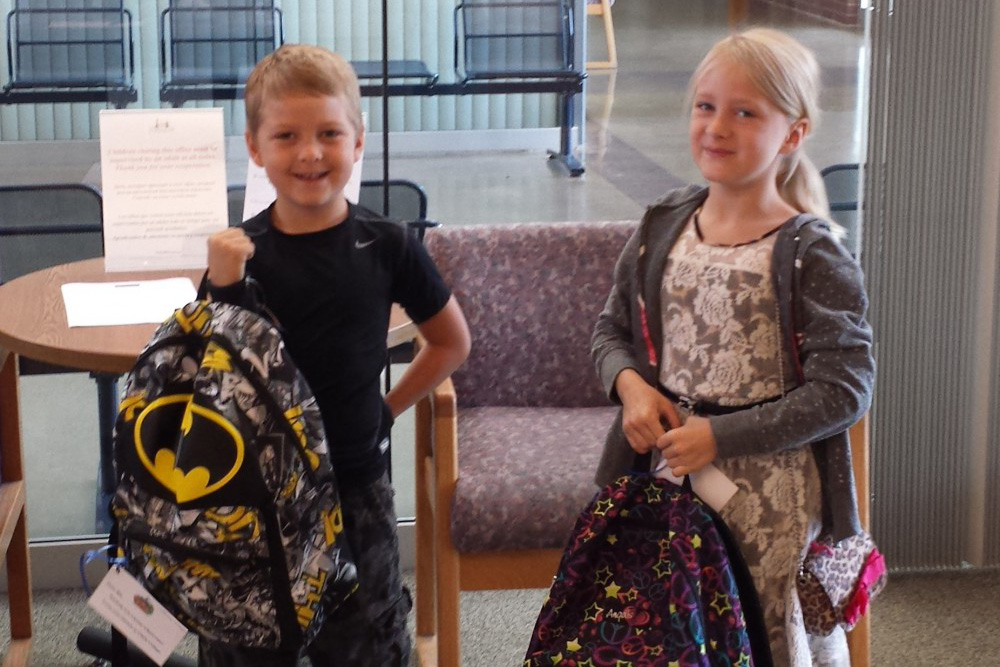
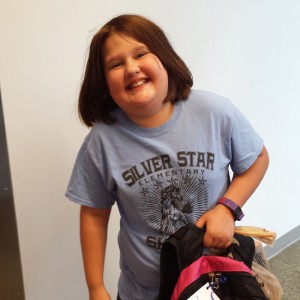
 Through emails and thank-you notes, students expressed their gratitude at receiving the backpacks. One parent’s response expressed the realities faced by many families with both children and parents in school: “I received the backpacks for the kids today and I am overwhelmed with gratitude,” she wrote. “I didn’t realize that supplies would be included. … I appreciate the support. It was a difficult decision to come back and finish my degree. There is a lot of family sacrifice involved, [and] gestures like these make a big difference. Thank you.”
Through emails and thank-you notes, students expressed their gratitude at receiving the backpacks. One parent’s response expressed the realities faced by many families with both children and parents in school: “I received the backpacks for the kids today and I am overwhelmed with gratitude,” she wrote. “I didn’t realize that supplies would be included. … I appreciate the support. It was a difficult decision to come back and finish my degree. There is a lot of family sacrifice involved, [and] gestures like these make a big difference. Thank you.”